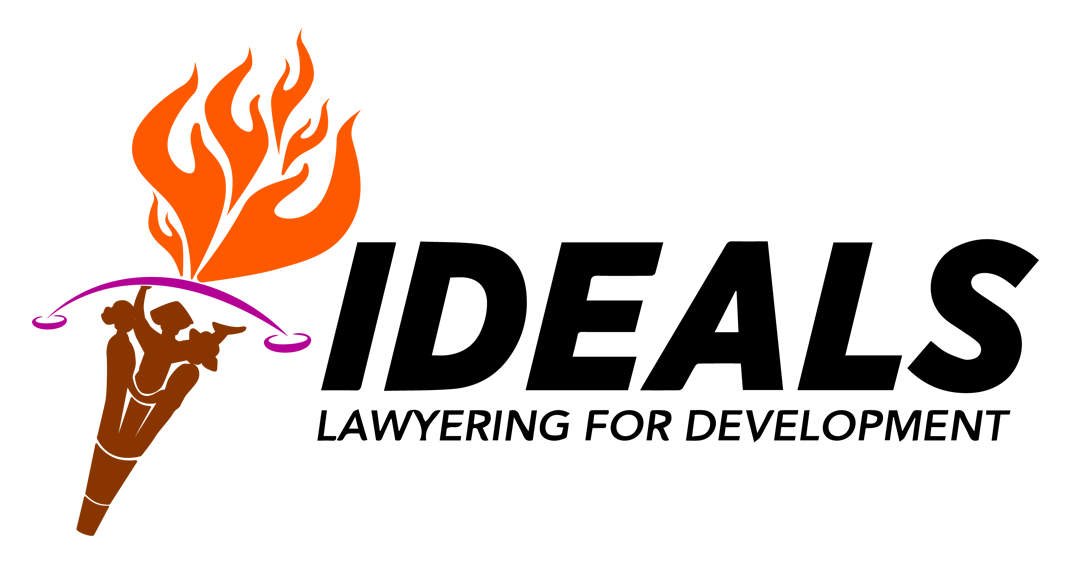RIGHTS IN CRISIS AND EMERGENCIES
Health Champions in Care Work: Sharing Care Responsibilities in the Face of a Pandemic

After one year of grappling with the effects of the pandemic, COVID-19 continues to limit people’s access to livelihood and basic social services such as health, education, food and nutrition, water and sanitation, and life-saving information. This heightened the vulnerability of poor households and communities, and contributed to significant increase in unpaid care work. With little to no access to labor- saving tools or paid domestic help, unequal care responsibilities in the household exacerbate unequal gender opportunities and further impede the capacity of these communities to recover from the effects of the global pandemic.
Shaima Galmek Manandili, 33, was an OFW for almost three years in Saudi Arabia before returning home in Tukanakuden, Sultan sa Barongis, Maguindanao. She reminisces how hard living conditions were before she decided to apply as an OFW. Her husband, Amour, is a contractual worker in a banana plantation and earns around PhP 6,000 per month for a whole day of manual labor, six days a week. Minus all deductions from his salary due to incurred absences from work exhaustion, their family of five would sometimes have to make do with a meager PhP1,000 for fifteen days.
Shaima wanted to contribute to the household income and yearned to build a sturdy house for her family. So even with three children and a working husband, she decided to pursue working as a domestic helper with the hopes of providing better for them. In March of 2017, she flew to Saudi Arabia while her husband remained to work in the banana plantation and took care of their three children.
She recounted how she worried for her family during her time abroad. With no immediate relatives to share the load of nurturing her three children, her husband worked full-time in the plantation and went home immediately to tend to them. When the children get sick, Amour would either miss a work day or leave his sick child at the care of neighbors. Shaima felt guilty and anxious because she always thought, “ka bida bun talaga nya lemimbal i Ina.” [A mother’s care is different.] She pitied her children for leaving them in her husband’s care and assumed that he is not meant to carry all the work in their household.
In December 2020, Shaima arrived in the Philippines with all the health and travel protocols already in place. She could’ve extended her stay abroad but her eagerness to go home was fueled by worrying news of the COVID-19 surge in the Philippines. After several tests and check-up, she arrived in Tukanakuden and still had to undergo quarantine. However, she was already glad to be spending this time with her family at home.
Weeks later, Shaima was introduced to the Hygiene and Behavior Change Coalition Project (HBCC) and took part in the Mum’s Magic Hands (MMH) Program. Here she learned through trainings on COVID-19 management and prevention, stigma management as well as hygiene and care sessions. She also took her children to the hygiene promotion sessions and shared how they enjoyed the memorable jingle and activities incorporated in the program.
When asked about the significant learnings she had in the MMH Program, she said that while sessions on health and hygiene was timely and important to them, the care sessions struck her the most. It affirmed how important her husband’s contributions are in sharing care work in their household. Looking back, she was not confident of her husband’s capacity to take full responsibility of the household she was leaving behind when she had to work abroad. She now realized how diligent and involved her husband is in taking care of their children, even when she has already returned home.
“Ugayd sa bityala na kadtabanga, na proud ako sa kaluma ko. Matabanga talaga sekanin sa galbek sa walay. Upama gelay nin a pakatulog ako pan, na gelay nin a pakasuso i mga wata, sekanin den i pedtimpla sa mamadul.mapya sa manggiginawa i gadtabanga nengka i kaluma nengka. Kana quarantine sa laki na sekanin i tinmabang sa laki, sa endaw i mga kailangan ko.” [In terms of sharing care work, I am proud of my husband. He always helps me with the household work. When he sees that I am resting and our youngest child needs to be fed, he takes care of him. It feels nice to have a husband who shares the load with me. When I had to quarantine, he even took care of me and provided the things I
needed.] ###
This story is written by Yani Royulada and is part of the UNILEVER/DFID Hygiene Behaviour Change Coalition (HBCC) Project implemented by Oxfam, Philippine Rural Reconstruction Movement (PRRM), United Youth of the Philippines – Women (UnYPhil-Women), and Initiatives for Dialogue and Empowerment through Alternative Legal Services (IDEALS, Inc.) in Maguindanao.
